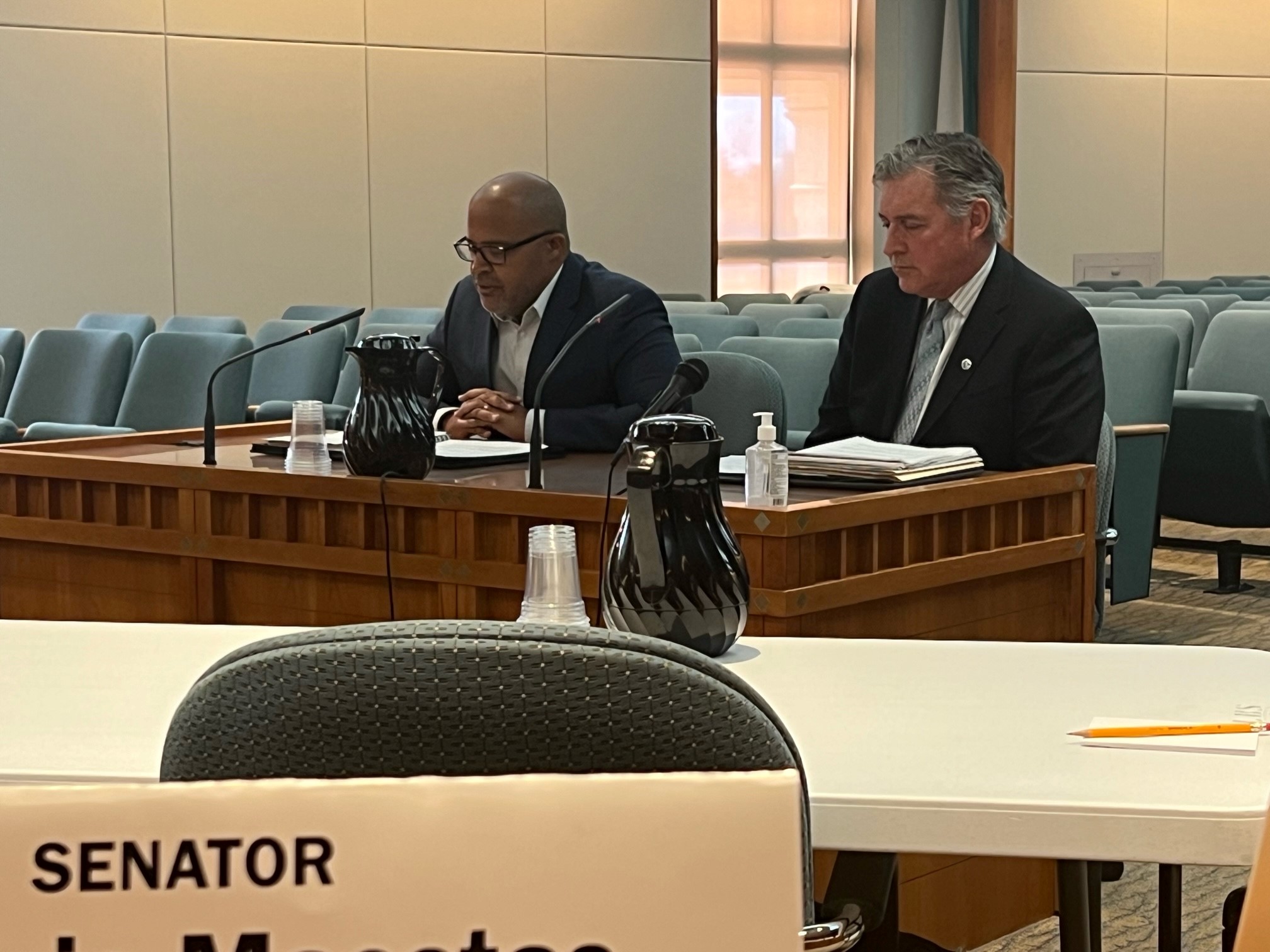On December 5, 2022, NAIFA filed comments on the National Labor Relations Board’s (NLRB) proposed rule that would expand the joint-employer definition under the National Labor Relations Act. The rule would extend liability to employers that have indirect and reserved control over one or more employees’ essential terms and conditions of employment.
In the letter, NAIFA expressed concern that NLRB’s new joint-employer standard is too vague and broad, providing no guidance for contracting parties on how to comply or avoid liability. NAIFA recommended that NLRB clarify and limit the types and degrees of indirect and reserved control that would now trigger joint-employment liability. NAIFA recommended providing an exemption or carve-out of the proposed rule to maintain the integrity and functionality of existing insurance commerce and financial advisement. The proposed rule lacks clarity on the essential terms and conditions of employment that are relevant to the joint-employer inquiry. The rule suggests an inconclusive, open-ended list of such terms and conditions.
Without meaningful guidance, insurance producers and financial advisors could never be sure that they have considered all the potential terms and conditions of employment that may be deemed “essential” in the joint-employment inquiry. The expanded standard can potentially target any third-party contractual relationship that involves indirect or reserved control from an inexhaustive list of terms and conditions. Proposals that redefine the methodology used to determine joint-employer status should exempt insurance and financial professionals from over-arching standards that do not address economic realities in the insurance industry.
Independent contracting plays an essential role in the financial services and insurance industry, especially in customer-facing occupations such as licensed financial advisors, brokers, and insurance agents. Independent insurance agents constitute 17.1% of the entire insurance agent labor force while independent financial advisors account for 11.4% of the total number of advisors.
Independent insurance producers and independent financial advisors are vital to ensuring that millions of Americans have access to important financial benefits. These professionals are deeply rooted in their communities and are best positioned to understand the needs of consumers. To reclassify and force them into a joint-employment relationship drastically limits not only their autonomy but the availability of products they can provide their clients.







